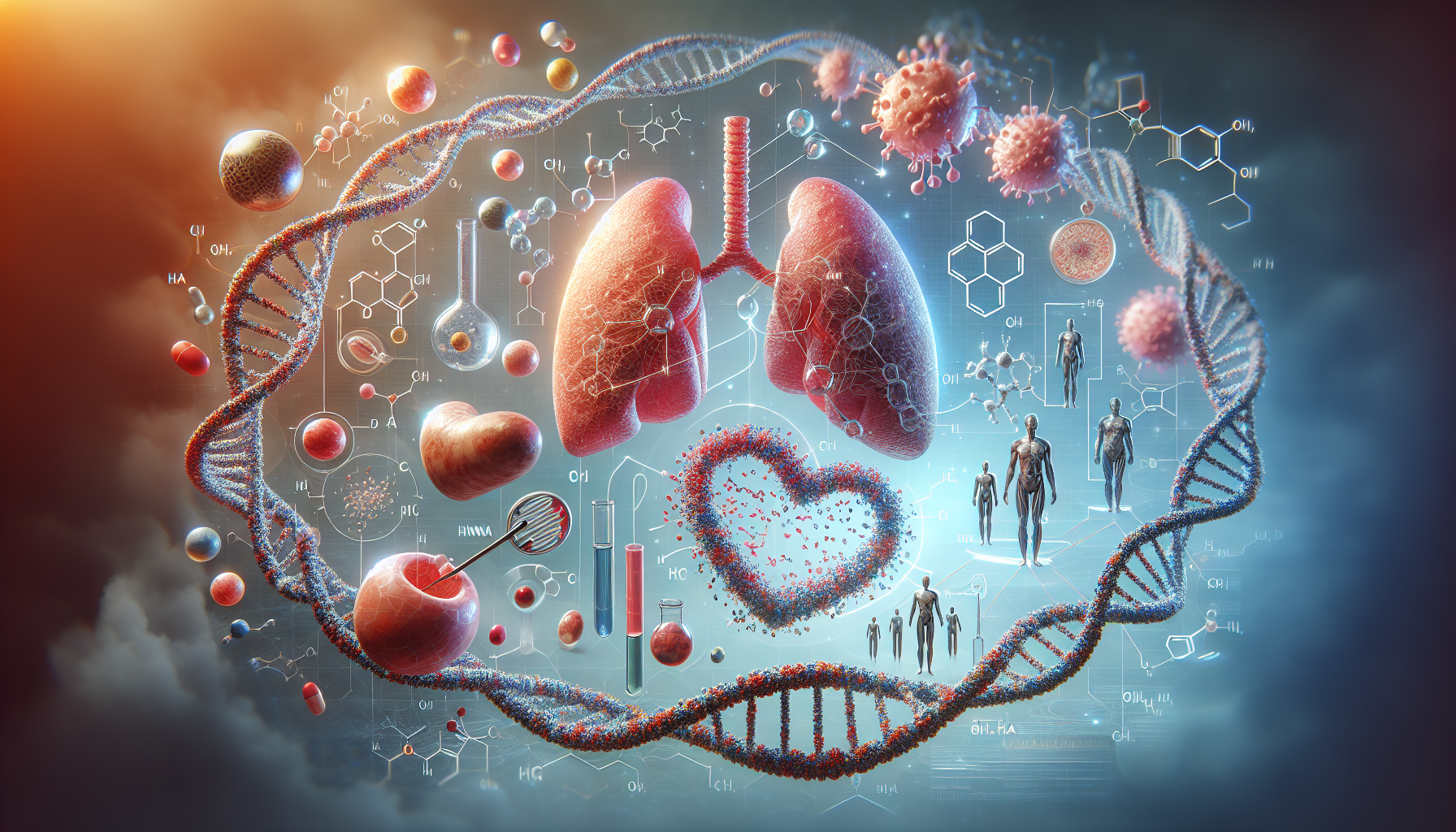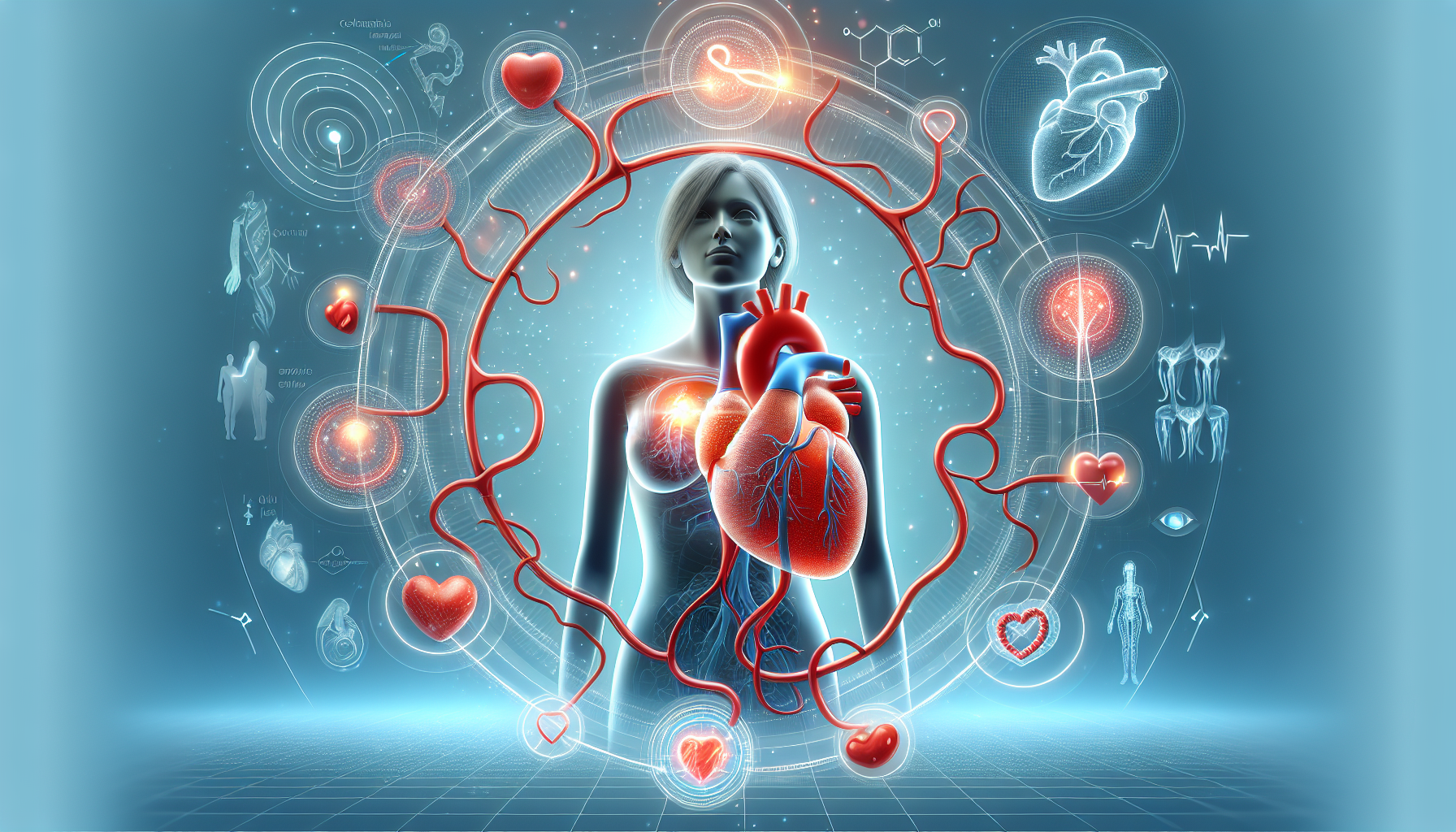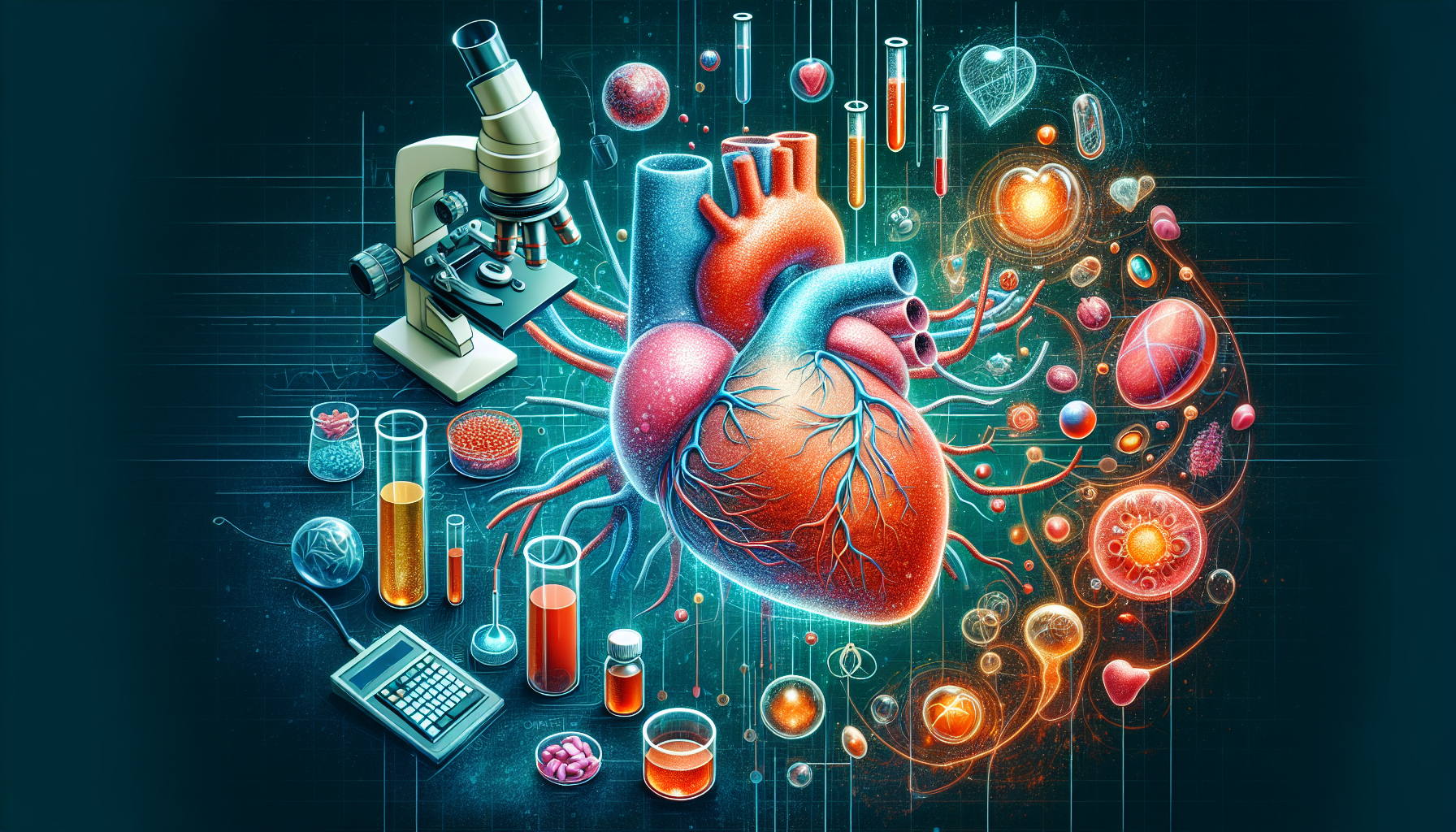How Low Testosterone Affects Men's Health and Lifespan
Key Takeaways
- Low testosterone levels significantly increase the risk of death and heart disease in men.
- Testosterone therapy to normalize levels does not appear to raise the risk of major adverse cardiac events.
- Maintaining a healthy lifestyle is essential for hormonal balance and overall health.
Did You Know?
Introduction to Low Testosterone
Testosterone is a vital hormone in men, affecting various body functions such as muscle and fat mass, as well as bone density. Many men believe that higher testosterone levels are adverse to heart health. However, recent studies reveal a different perspective concerning low testosterone levels.
This article highlights the risks associated with low testosterone, especially how it relates to premature death and cardiovascular conditions based on recent research findings.
Study Findings: Increased Risk of Death
Research conducted on over 24,000 men aged 50-76 over at least five years discovered that those with testosterone levels below 213 ng/dL experienced a gradual rise in the risk of death from all causes. Men whose testosterone concentrations fell below 153 ng/dL saw an even steeper increase in cardiovascular death.
In numerical terms, men with significantly low testosterone had a 40% higher risk of dying from any cause and nearly a 60% increased risk of mortality from heart disease compared to those with high-normal testosterone levels.
Understanding Low Testosterone's Impact
Dr. Bu B. Yeap, an endocrinologist at the University of Western Australia, emphasizes that low testosterone concentrations can potentially lead to poorer health outcomes. Low testosterone may indicate men already at risk of health issues, impacting muscle, fat mass, and bone density.
These insights challenge the previously held belief that testosterone itself is responsible for a higher incidence of heart attacks and strokes among men.
Testosterone Therapy: Pros and Cons
There is a growing interest in testosterone supplementation among men with low T. However, medical experts like Dr. Bradley Anawalt from the University of Washington Medical Center suggest that most men with slightly low testosterone are unlikely to see significant life-extending benefits from supplementation.
Significantly, testosterone therapy to normalize testosterone levels does not appear to increase the risk of major adverse cardiac events.
Estradiol's Role in Men’s Health
A secondary finding in the research indicated that very low levels of estradiol, a form of estrogen, also increased the likelihood of death from any cause in men. This revelation raises important questions about medications like aromatase inhibitors, which are often prescribed to men with low T to increase testosterone by preventing its conversion to estradiol.
Experts like Anawalt warn against using these medications as they might interfere with the healthy balance of sex hormones, potentially leading to increased body fat and decreased bone density and strength.
Maintaining Hormonal Health
While the research underscores the critical nature of maintaining healthy testosterone levels, it also calls for additional studies to thoroughly understand the relationship between testosterone and health outcomes.
In the meantime, men are encouraged to maintain a healthy lifestyle through regular exercise and a balanced diet. Hormonal health should be a part of overall health checks, with men seeking medical advice when experiencing symptoms such as low sex drive and erectile dysfunction.
Conclusion
The insights gained from this study highlight the importance of sufficient testosterone levels for men’s health and longevity. It also challenges previous assumptions about testosterone’s role in heart disease and underscores the need for a balanced approach to hormone therapy.
Moving forward, men should focus on maintaining a healthy lifestyle and remain vigilant about their health, while the medical community continues to explore the complexities of hormonal health.






